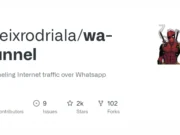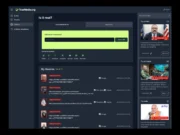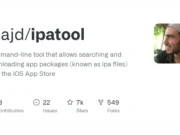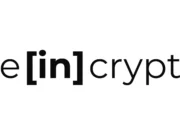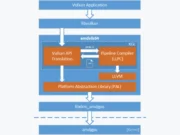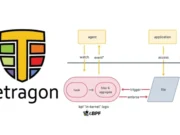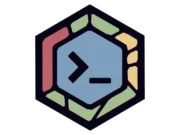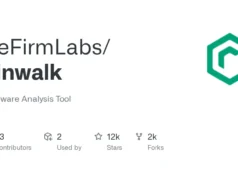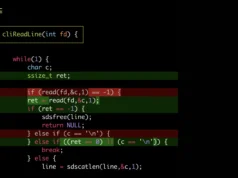You might lead an active online life. Perhaps you spend a ton of time on sites like YouTube, Facebook, or Reddit. You might watch videos, post to social media, chat with your friends, or shop on sites like Etsy, eBay, and Amazon.
This sounds like the average American these days. More people have internet access at the moment than don’t have it, and they also have a desktop, laptop, or tablet on which they can check out their favorite sites and apps. Some people use their smartphones even while they’re watching TV.
Because of all this, you need to pay attention to web security. It matters more than you might think. Let’s check out some of the main reasons why you need to be careful of what you do online.
Identity Theft is a Major Problem
You can spend hours online every day doing all kinds of things, either for work, pleasure, or both. You might use products like Salesforce Sandbox, create for-profit sites with paywalls, or else you can blog or post to social media constantly. Some clever individuals have monetized their online activities.
If you ignore web security, though, you risk all sorts of problems arising. For instance, someone can use your passwords to steal your identity.
Hackers can take advantage of your lax web security measures if you aren’t careful. That’s why you should have different passwords for every website. Change your passwords frequently, and also use computer-generated ones that have plenty of symbols and both uppercase and lowercase letters in them.
You Don’t Want Someone Leaking Your Private Messages, Photos, or Videos
You also need to watch out for your web security measures because you don’t want someone to get ahold of your private messages, videos, or pictures. You might have compromising photos or videos that you meant to only send to your significant other. Think how many hackers have stolen nude celebrity images and leaked them online.
You may not be a celebrity, but that does not mean you’re any less at risk of a hacker trying to steal your photos, videos, and private messages. They might demand a ransom to get them back, and you don’t want to have to pay it.
You Must Protect Your Bank Accounts and Credit Card Info
You also need robust web security measures because if you’re not careful, a hacker can steal your bank account login or credit card account information. You should never check on your bank account balance, pay bills, or do anything credit card-related if you’re using public Wi-Fi.
Only do these things if you’re at home and have a fully encrypted, private network. It’s when you get careless that someone can steal your password, and then the next thing you know, they are trying to withdraw money from your account or open a bank loan in your name.
You Don’t Want a Virus to Crash Your Computer
You also have to watch out for any phishing emails or other scam tactics that some hackers use. They will often send you fake emails that look similar to the real thing.
The average internet user is savvy enough that they will not send their social security number and bank account routing number to someone who says that they are a Nigerian prince. You might get an email from a source that claims to be the IRS, though, or Amazon, or Netflix. They might say they’re about to audit you or shut down one of your accounts.
Even if these messages make it to your inbox’s white list, that does not necessarily mean they are legit. It’s highly unlikely that the IRS or some other entity is going to try to contact you out of the blue like this. At the very least, make sure you don’t open any email attachments.
If you do, the attachment might contain a virus that can crash your laptop, desktop, or tablet. It can be very difficult to remove these viruses once they’ve infected your device.
You Don’t Want Someone to Dox You
You should also try to use the best available web security measures because if someone steals your personal information, they can dox you. This means they will reveal your real name, physical address, phone number, job information, and so forth to the world at large.
If some individual has a grudge against you, they might try to do this. Hackers do it to celebrities sometimes, but it can also happen to non-famous people.




